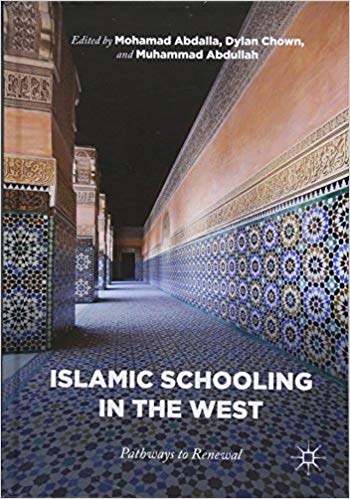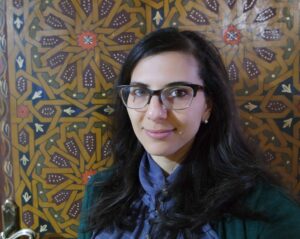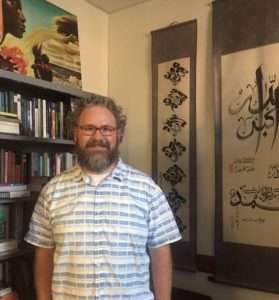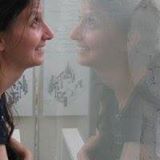teaching Islam
Select an item by clicking its checkbox
When asked, “What was Muhammad’s moral character like?” Aisha replied: “His moral character was the Quran.” Students encounter this hadith at two moments in the introductory course to the study of Islam. The first is when students meet the Prophet Muhammad through hadith literature, the written record of sayings ...

Islamic Schooling in the West: Pathways to Renewal
Date Reviewed: March 6, 2019
East and West have long struggled to coexist without detriment to cultural and religious beliefs. With growing globalization and immigration the issue of tolerance and acceptance of different viewpoints is of urgent importance and value. Books on this highly challenging and relevant issue attract the attention of a wide audience. Islamic Schooling in the West is clearly such a book. The authors of the book live and work in Australia. Specifically, Mohamad Abdalla founded three Islamic studies centers at Australian universities, Dylan Chown is a well-known researcher of Islamic pedagogy in the Australian educational environment, and Muhammad Abdullah has 25 years of teaching experience in Australian state schools. This does not mean the book is designed specifically for the Australian community; the book’s ideas and suggestions can be applied to Islamic schools in the West, provided the schools are open to renewal and improvement.
Islamic Schooling in the West is a collection of work by contemporary educators and scholars who wish to both keep Islamic schools consistent with traditional Islamic philosophy and make them relevant and highly sought after. The desire to preserve traditional knowledge (2) within the Islamic paradigm and the need to be welcomed and accepted in Western society resulted in this practical manual on how to use modern teaching practice for the benefit of Islamic schools in the West. While some of the book’s chapters focus on specific educational experiences in Australia (for example, “Muslim Schools in Australia: Development and Transition” by Jan A. Ali and “The Importance of Islamic Studies from an Islamic Worldview in Australia” by Ibrahima Diallo), the majority of chapters can be applied to any Islamic school in a Western community. For example, the chapter “Islamic Pedagogy: Potential and Perspective” by Nadeem A. Memon and Mariam Alhashmi aims to challenge a common stereotype that Islamic education is about teaching religion only (169). Thus this book can be used in any Islamic school in the West – not just in Australia.
In general, Islamic Schooling in the West is a book designed to promote the renewal of Islamic education in the Western community. In the twenty-first century, it is necessary to not only keep the traditions and pass down centuries-old knowledge but also to take advantage of updated educational practice and use contemporary teaching and learning techniques to overcome the difficulties Islamic schools face in the West. This book will be interesting for both scholars and teachers.
“Teaching is an art and not a science,” states David Blix, Wabash College. It is about “interacting with students” in a “friendly manner” which is to say that teaching is about what he does in his everyday life. A deeply engaged student-centered teacher of religions of the world, Blix was a Carnegie Scholar at the Carnegie Institute for the Advancement of Teaching in Palo Alto, California.
The “I” That Teaches - A new video project that invites senior scholars to talk about their teaching lives. These scholar-teachers candidly discuss how religious, educational, and family backgrounds inform their vocational commitments and, also, characterize their teaching persona. From the vantage point of a practiced teaching philosophy we get an intimate account of the value and art of teaching well.
Click here to watch all episodes of "The "I" That Teaches" on YouTube
See Also:
In my classrooms, I have noticed that more and more students are coming to the study of religion with preconceived conceptions about different religious communities, most frequently, and consequentially, Islam. My sense is that many students in my World Religions courses have a sympathetic imagination about the religions of the “...
One of my previous blog posts mentioned the significance of storytelling and how I love sharing stories of my own travel to help students imagine the world of the classroom subject and, hopefully, to inspire students to travel and experience this world for themselves. As most teachers can testify, some ...


